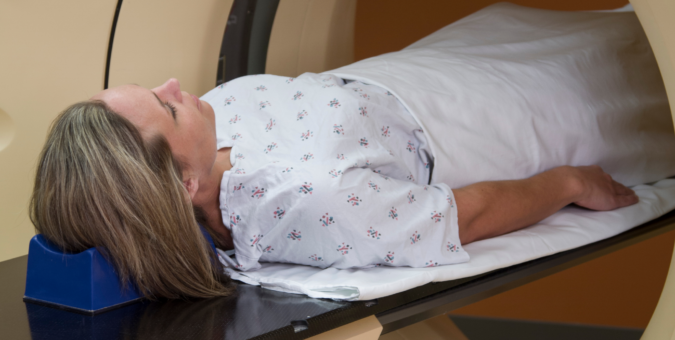
Functional Neurological Disorder is a condition which can affect anyone, of any age, and with symptoms which can be severe and disabling.
What is FND?
FND is the name given for symptoms in the body which appear to be caused by problems in the nervous system, but which are not caused by an identifiable physical neurological disease or disorder. The condition is described as ‘functional’ rather than a ‘structural’ disorder because the body is not functioning as it should. FND is sometimes described as a ‘glitch’ or interference with normal brain function by the emotional centres of the brain.
What are the symptoms of FND?
There are four main types of symptoms. These are set out below with examples of known signs/symptoms:
- Sensory: numbness, hypersensitivity to light, sound, smell, touch or taste.
- Cognitive: problems with concentration, memory and fatigue.
- Motor (affecting movement of the body): limb weakness, tremor, paralysis, dystonia (where muscles contract involuntarily) and other abnormal movements.
- Dissociative/functional seizures: collapse, blacking out or losing consciousness, with or without shaking
Symptoms vary from person to person. Some may experience a combination of the above whereas others just one or two. The symptoms can be constant or fluctuate in severity and frequency.
How common is FND?
The prevalence of FND’s is uncertain and depends on the criteria being applied to define the diagnosis. They are believed to account for at least 5-10% of new neurological consultations.
Causes of FND
The cause of FND’s is a complex area and a source of continuing research. Symptoms can appear after a stressful event, or with emotional or physical trauma. In other cases, there is no obvious cause. It is thought that some suffers may be more predisposed to developing the condition due to biological factors (such as early childhood trauma and early life stress) or sociological factors (including interpersonal relationships and stress).
How is Functional Neurological Disorder Treated?
A multidisciplinary approach is usually adopted in the treatment of FND. This can include neurology, physiotherapy, psychotherapy and occupational therapy depending on the individual.
Support for Functional Neurological Disorder sufferers
Despite its prevalence FND is still not a widely known condition. The absence of an identifiable physical disease can make FND difficult to understand, diagnose and treat. This gives rise to sufferers struggling to access appropriate support and treatment.
If you are looking for support or wish to find out more then you could consider contacting one of the following charities/support groups:


















